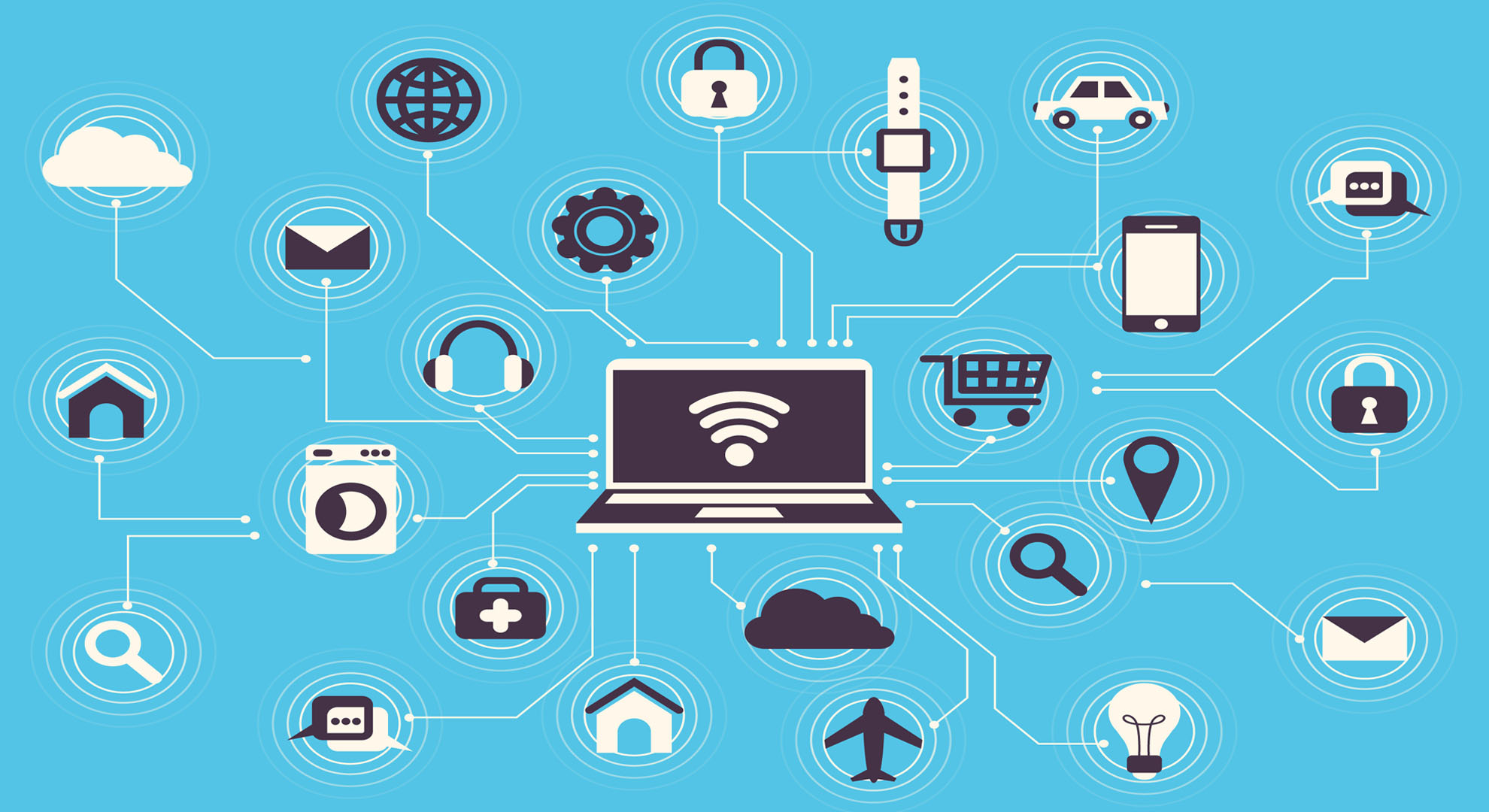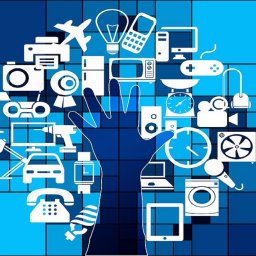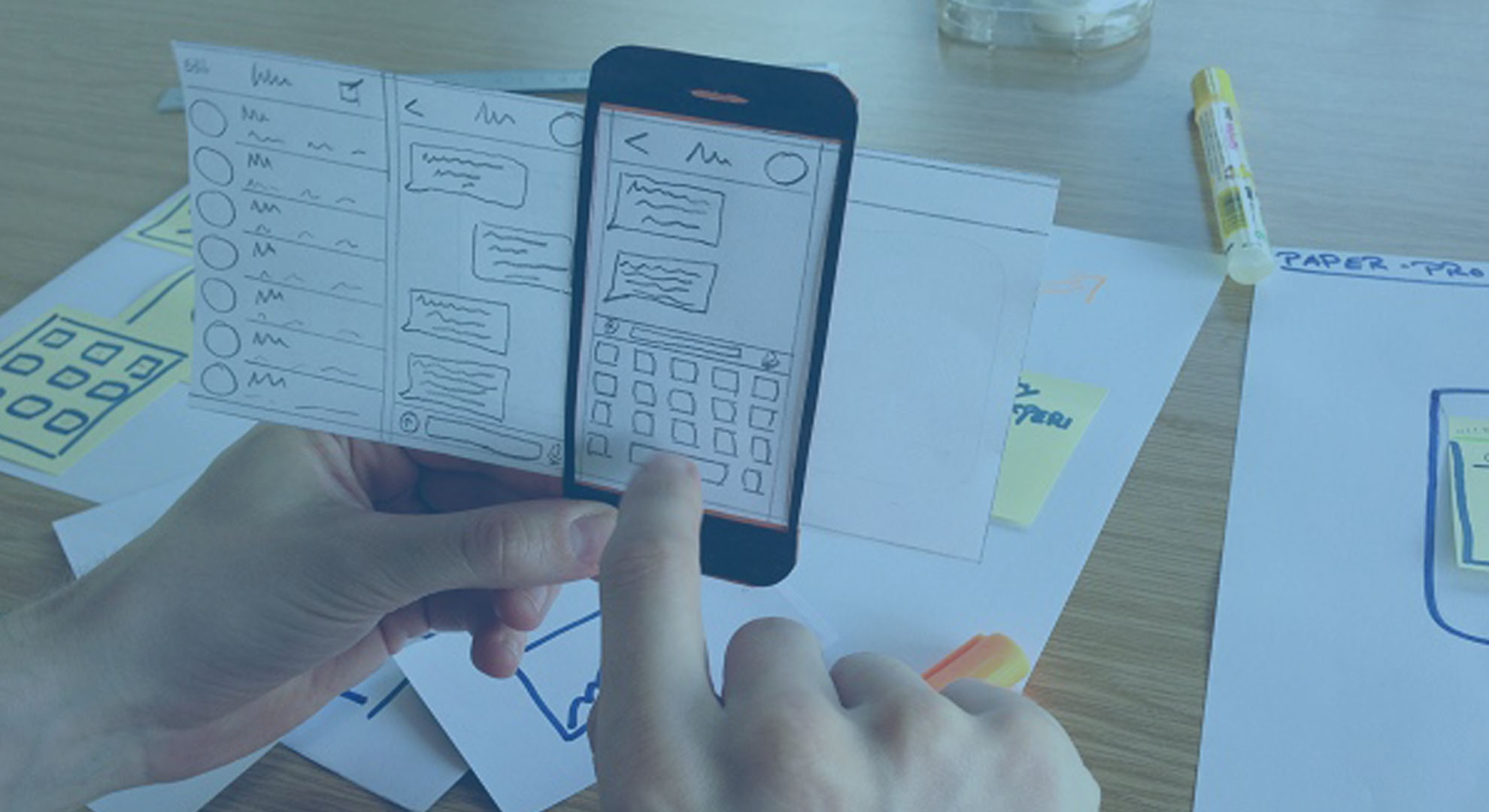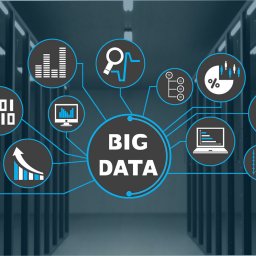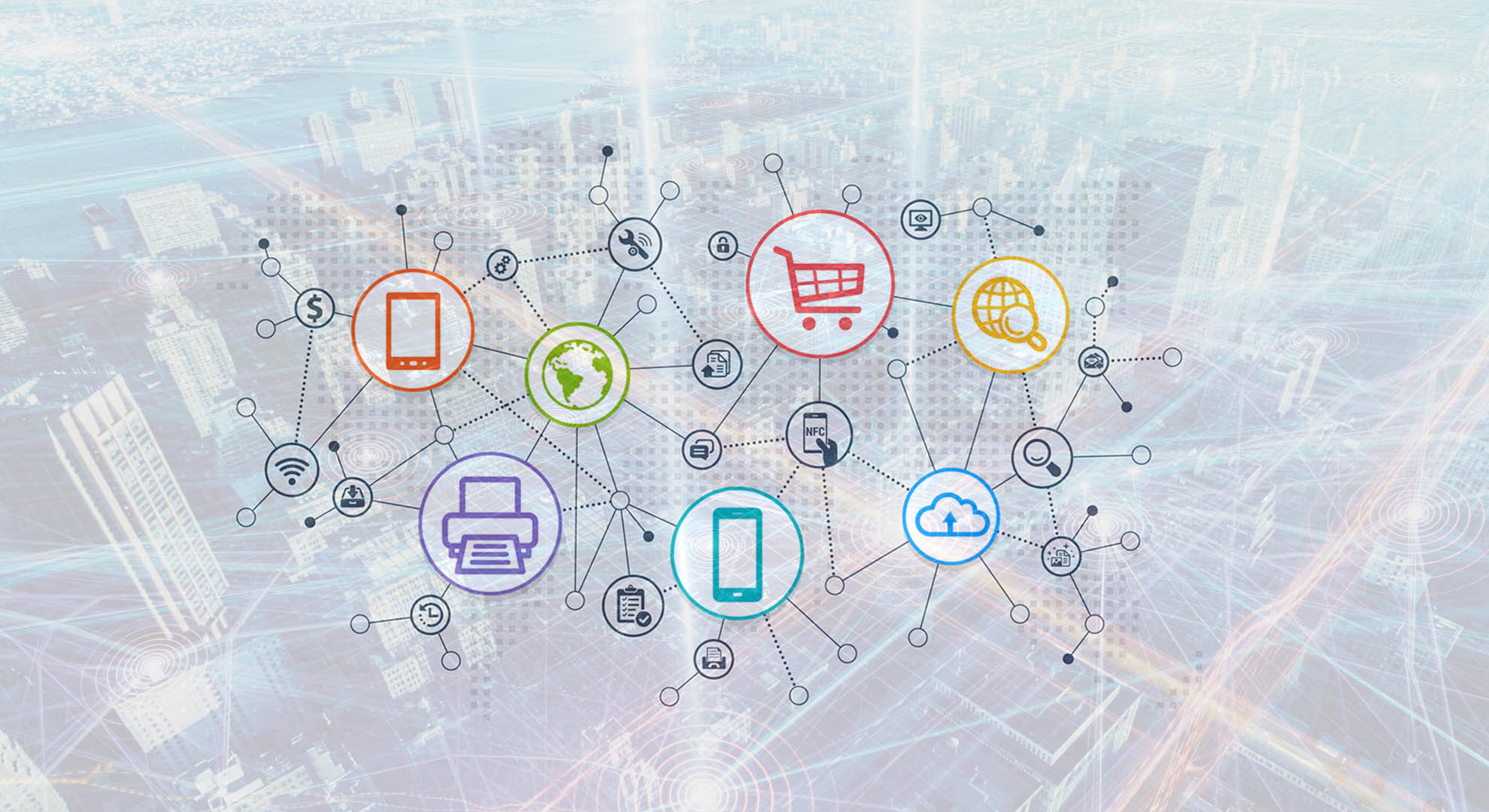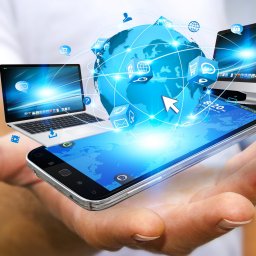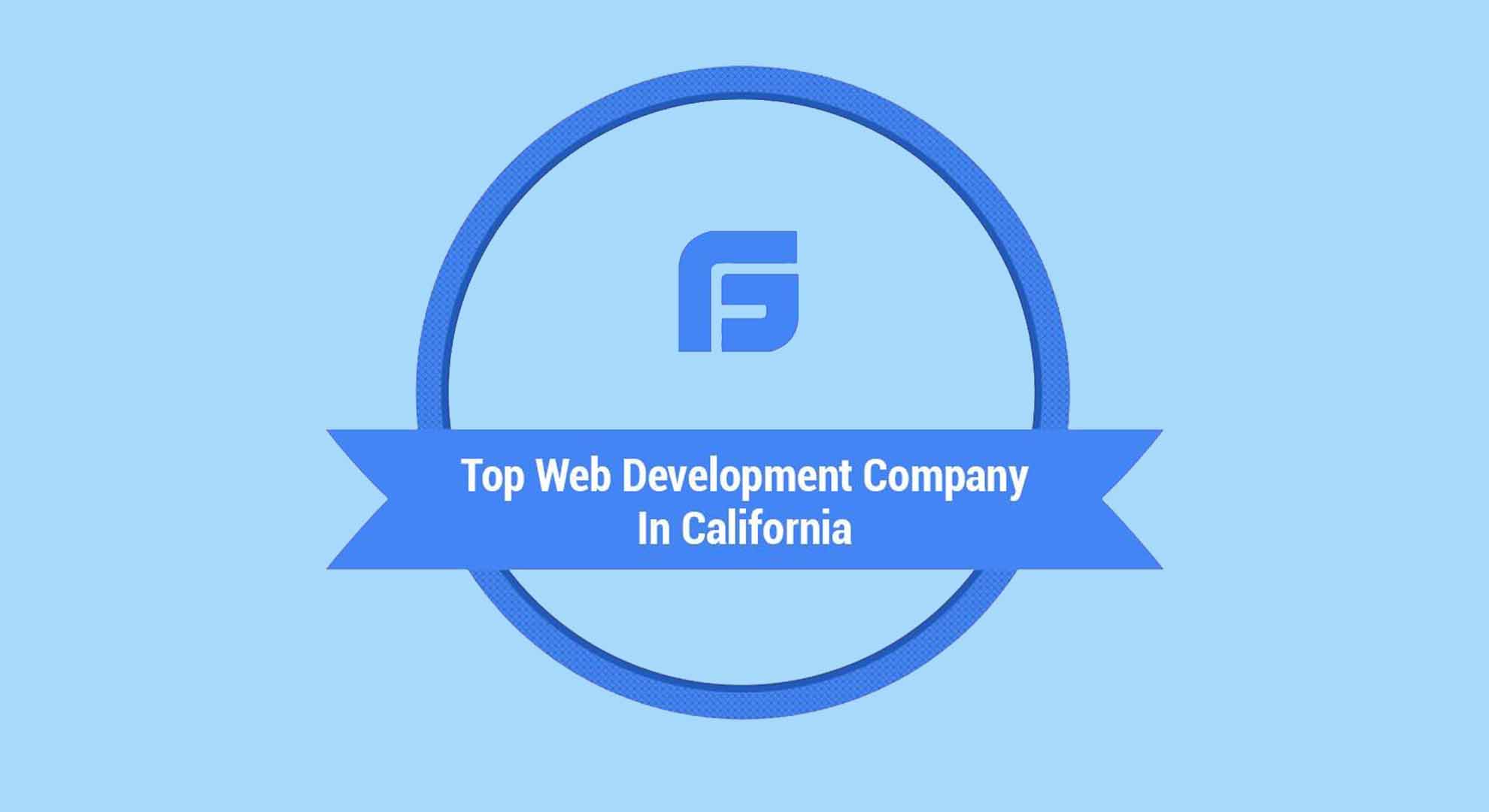Internet of Things (IoT) is the new buzzword in technology. It is a technology that allows for the development of smart devices that are more interactive, predictive and efficient decision-makers. From facilitating us in shopping to changing the way we interact with daily-usage appliances, Internet of Things has totally changed the way we interact with anything using technology. With Proptech gaining popularity, different stakeholders have started to invest millions in this domain and are taking it seriously to remain on the competitive edge.
Different domains of the market are using technology in many ways. For example, AI and Big Data are used in different phases of the real estate market from chatbots to interactive window displays. So, with the help of IoT, your search, whether it is for Dubai Marina apartments for sale or Cheapest Studios in Palm Jumeirah for sale, is going to have an extraordinary experience, unmatched from the traditional practices. Here’s how IoT is progressing towards “Smart” environment.
Smart Real Estate
IoT enabled devices have completely changed the way we interact with our surroundings. Whether you are home owner or tenant, engaging smart devices in your property that control themselves according to their surroundings, that sense their surroundings and make smart decisions, devices you can control from a distance, even geographically, and most importantly, devices that are self-maintained and notify you of any irregularities before they actually occur can not only add huge value to your house but also give you a higher rental yield and an edge over other competitors.
Imagine a scenario when an angry tenant complains you about broken AC, well with the use of IoT, your AC will send not only notifications and alerts about any problems before they occur, you will also be able to generate a maintenance schedule and offer them services and any repairs necessary, something promised to add more value to your relationship with the tenant.
Smart Cities
Construction is the first step towards a property lifecycle. Although IoT provides means to add sensors and regulators to already built structures, it should be ideally built at the time construction is being done. Sensors can monitor the structure of an asset and all underlying services running underneath it like water, gas, electric etc.) IoT enabled devices can efficiently monitor how the structure is utilized with the help of different sensors.
Obviously, smart cities are incomplete without people actually living in there. And IoT can have endless possibilities if combined with neuroscience to analyze smart cities and see the unseen activities. For example, why are certain routes busy at certain times of the day, what street networks are confusing for a naïve navigator, what causes a traffic jam on certain times during the day and its impact on human psychology and its relation to anxiety and mood disorders.
Smart Retail And Commercial
This is the most common implementation of IoT. Different retail stores are optimizing IoT to facilitate user to perform a variety of functions. This ranges from optimizing the layout for improved sales to using beacons to send promotions and discounts to a nearby customer’s cellphone.
Similarly, office spaces are also joining the “smart” group, thanks to millions of investors investing in IoT to facilitate office buildings utilize the enormous data stored in there, something that was impossible before IoT because of lack of a mechanism to read or analyze data. Tech companies like District Technologies provide software solutions developed as per the tenant’s perspective. The impressive services include parking management, meeting room booking, smart lightening controls, etc., opening doors to greater tenant retention and higher rental yields.

